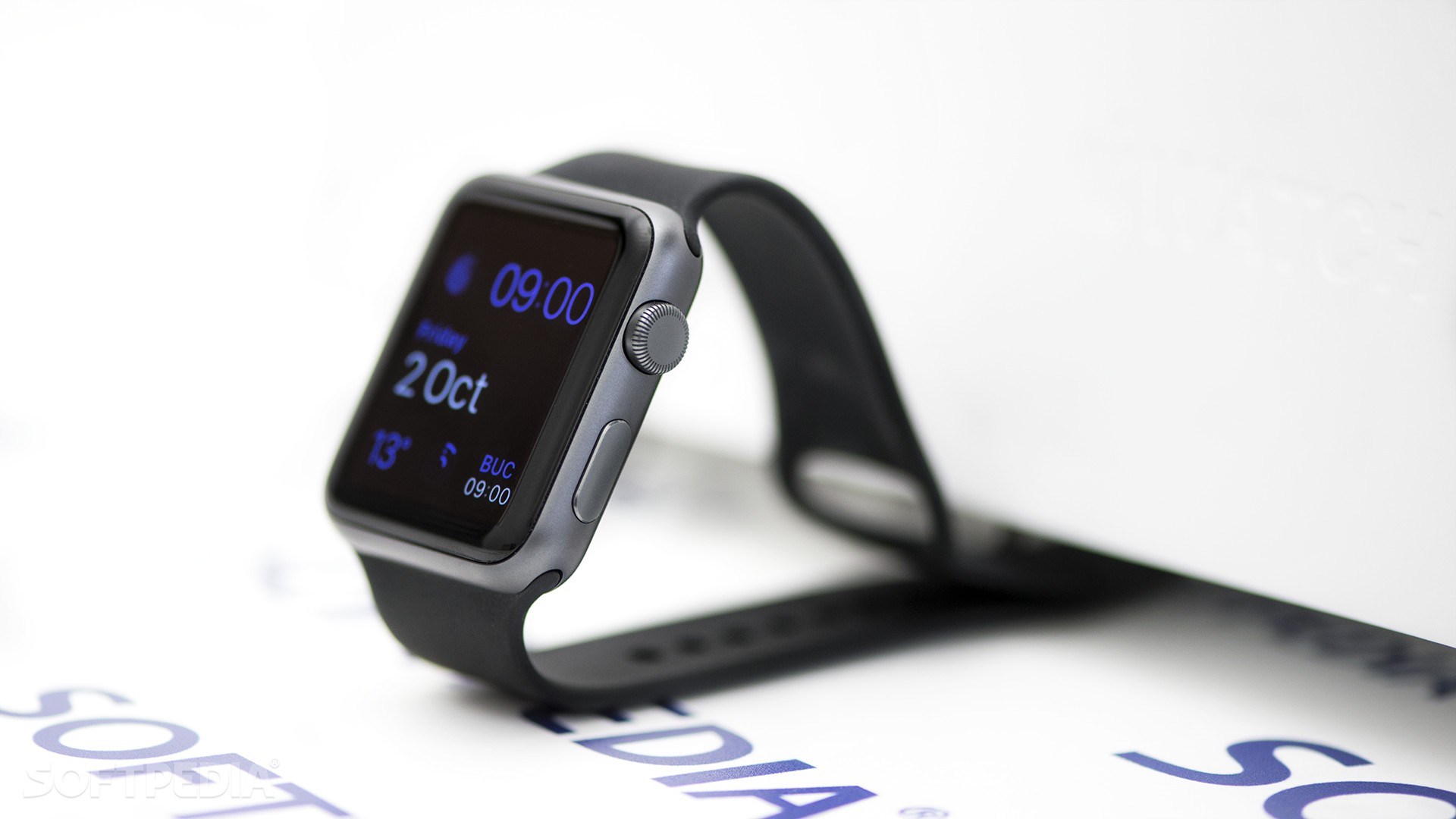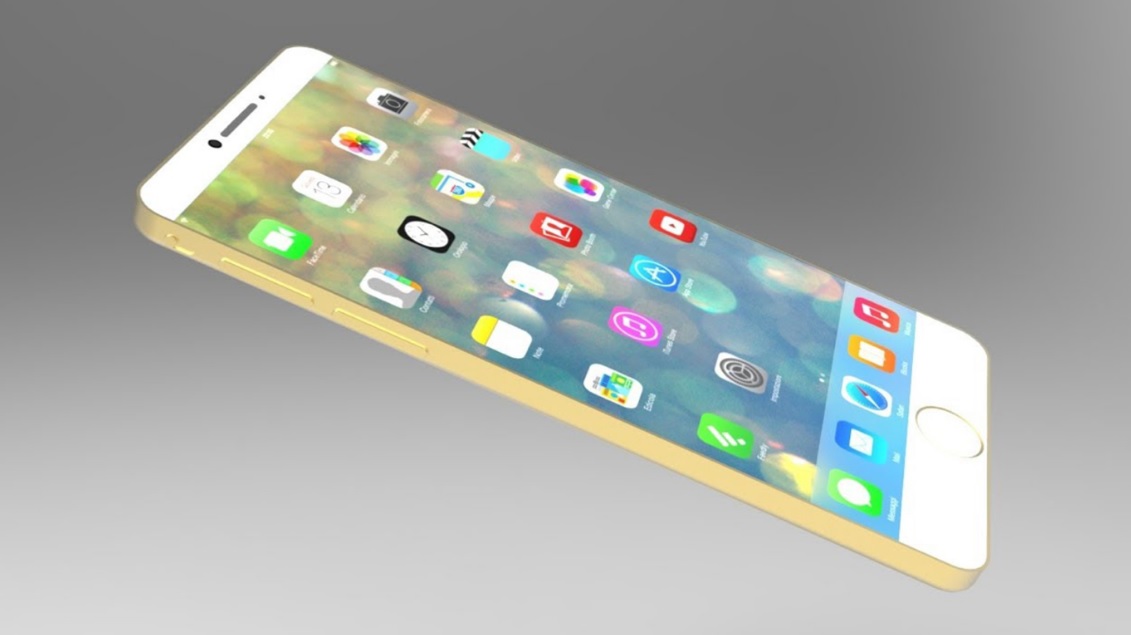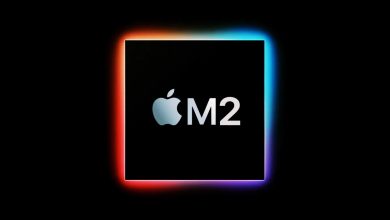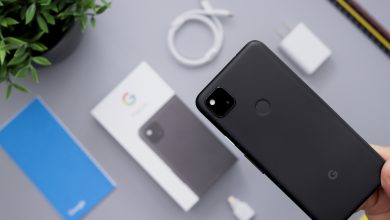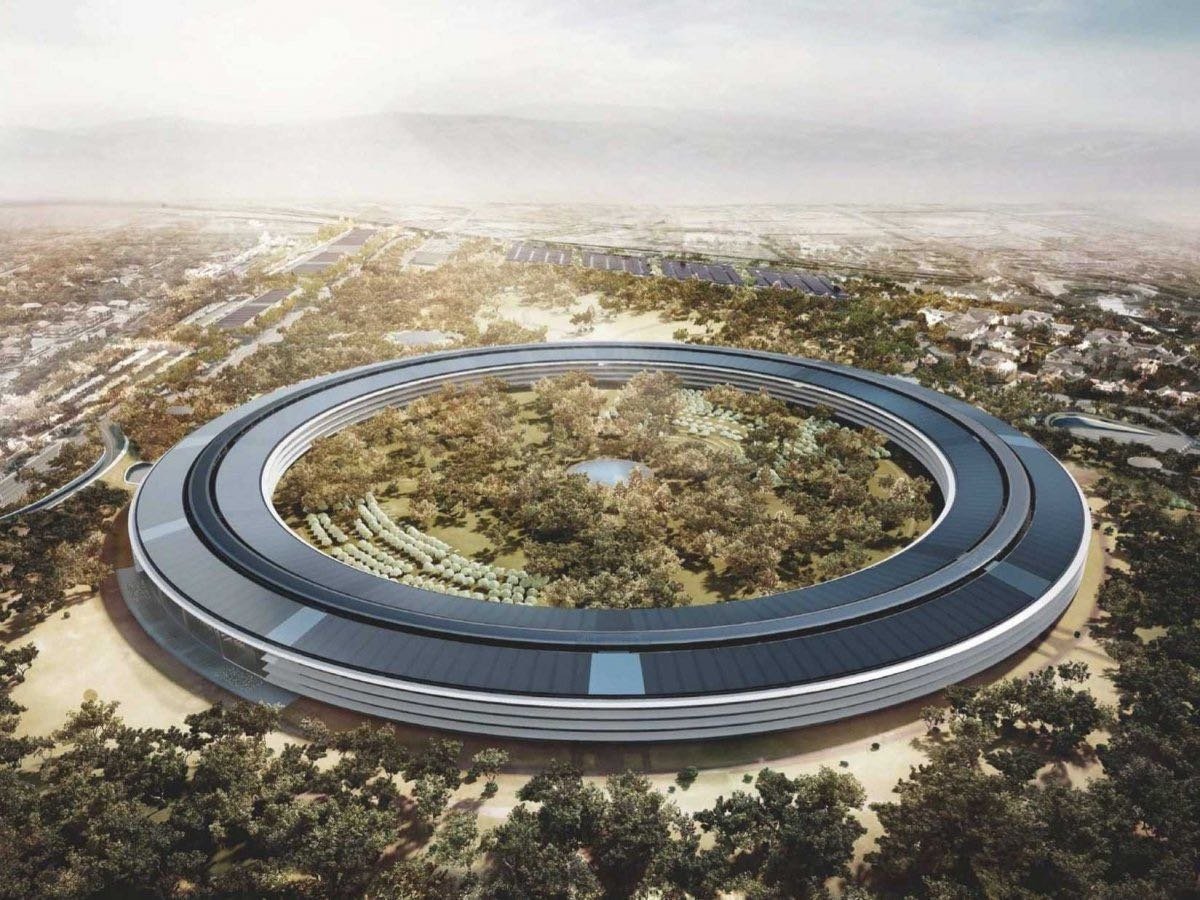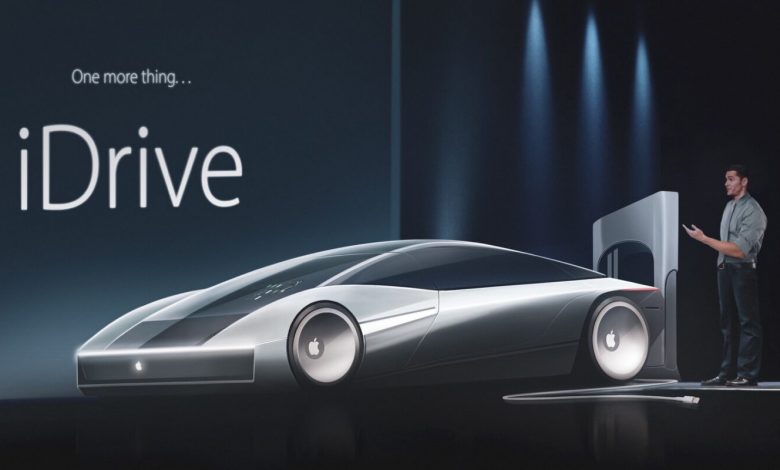
Few Apple projects have gone through more of a rollercoaster ride than Project Titan — the codename for Apple’s much-rumoured autonomous vehicle ambitions — so it probably shouldn’t come as a big surprise that even as the Apple Car gets closer to reality it’s still dealing with the shifting sands of personnel changes at the top.
We first heard reports of the Apple Car back in 2015, after Apple CEO Tim Cook reportedly assigned hundreds of employees to a new ultra-secret project then only known as Titan, and right from the beginning it was apparent that Apple was trying to build a dream team, snatching up senior engineers from Tesla, Ford, and even the former CEO of Mercedes-Benz’s R&D team almost from the very start.
However, challenges in dealing with the automotive industry led to reports that Apple may have partially abandoned its ambitions for a full vehicle, preferring to focus on self-driving car systems that could go into another manufacturer’s vehicle. Nonetheless, the team continued to grow, although a sudden shift to focus on hiring leading automotive software engineers added weight to the idea that Apple was more focused on the systems than the mechanics of a self-driving car.
This was bolstered by news in 2018 that Apple was partnering with Volkswagen to build a fleet of self-driving T6 vans, expected to serve as company shuttles in Cupertino, but whether that was just a bump in the road or Apple had actually shifted direction, by mid-2018 it seems that it was still working on building a full vehicle after all.
Unfortunately, the Project Titan team went through its first big upheaval in early 2019, when Apple cut over 200 employees — a move that it confirmed to the press while still managing to avoid any specific mention of the project’s nature, beyond saying that they were “working on autonomous systems and associated technologies.”
Still, most inside sources suggested that this was a simple restructuring rather than a sign the project was in distress, especially considering Project Titan still reportedly included over 5,000 employees at the time.
Another Bump in the Road
So, a recent report by Bloomberg that Apple has lost three top managers to other firms should be taken in a similar vein. It may be a minor setback for Apple’s ambitions, but certainly isn’t a sign that the project is struggling.
According to Bloomberg’s Mark Gurman, veteran Apple engineer Doug Field remains at the helm since his return to Apple back in 2018 after a brief stint at Tesla. While the management team under Field reportedly consists of “fewer than a dozen executives,” Gurman notes that at least three of them have left Apple for seemingly greener pastures.
This most recently includes Dave Scott, who headed up the robotics teams, who has moved on to become the CEO of health care company Hyperfine. A few weeks before that, Jaime Waydo, the manager in charge of autonomous car safety and regulation, left Apple to take up a position as CTO at Cavnue, a startup that’s focused on similar aims of ensuring the safety of autonomous cars on public roads.
Then there’s Benjamin Lyon, who was one of the original car team founders back in 2015, and left in February to become chief engineer at space satellite technology company Astra.
There may be a glimmer of hope at the end of the tunnel
While these departures could “add additional complexity” to the project, as Gurman notes, it’s neither a sign that the project is encountering unusual challenges, nor is it likely to slow Apple down all that much.
For one thing, the moves by all three of these key executives appear to have been promotions into new roles, rather than merely lateral moves. These aren’t senior managers deserting a sinking ship, but rather moving on to more interesting and challenging, and more prestigious and likely higher-paying jobs.
More importantly, however, Apple has added more talent than it’s lost over the years, and it’s still continuing to recruit car industry experts across the board.
Back in April, a Korean report postulated that the Apple Car would be manufactured in collaboration with the joint venture between LG Electronics and Magna International (NYSE:MGA 100.86 -1.15%) – the LG Magna e-Powertrain. Should this collaboration materialize, it would allow Apple to better utilize its existing synergies with LG affiliates. Additionally, Apple would then be able to tap into Magna’s substantial manufacturing prowess. As a refresher, Magna already has production contracts with around 45 OEM customers, including Toyota, BMW, Honda, Hyundai, Volvo, Volkswagen (VW), and Fisker (NYSE:FSR 14.69 9.63%). Recently, the company signed an agreement with the Israeli startup REE Automotive to build its modular skateboard platform for electric vehicles.
Earlier this year, Apple added legendary Porsche executive Manfred Harrer to the team, who previously headed up the Porsche Cayenne line, and has almost certainly been brought on to oversee the development of a premium physical design for Apple’s new vehicle.
Over the past few years, Apple has also previously snatched up senior designers from Tesla, brought on one of the most experienced electric powertrain designers in the industry, and luxury car designers that have worked for Aston Martin, Bentley, and Jaguar & Land Rover.
Since the project’s beginning around 2014, Apple’s work on a car has been rebooted several times and has seen multiple management changes. The Cupertino, California-based company initially set out to build a full car to rival Tesla, but pared back its ambitions around 2016 to focus on the underlying self-driving car system. Several months ago, it set out again to build a car, placing a portion of the division’s engineers on that effort.
We’re also still not expecting an Apple Car to appear before 2025 at the very soonest, which gives Apple plenty of time to adjust to staff changes, and according to multiple reports this year, Apple has also been actively courting potential partners to manufacture the car, and while it’s been snubbed the mainstream auto industry, there’s a good chance it’s found a good fit with a more powerful, but relatively unknown player.
As far as the reported details of the Apple Car’s production are concerned, a prototype is expected by 2024. Moreover, initial volume is expected to be quite low as Apple evaluates the EV’s prospects and its market reception. Of course, Apple may eventually rope in other manufacturers and supply chain partners for its EV project.

